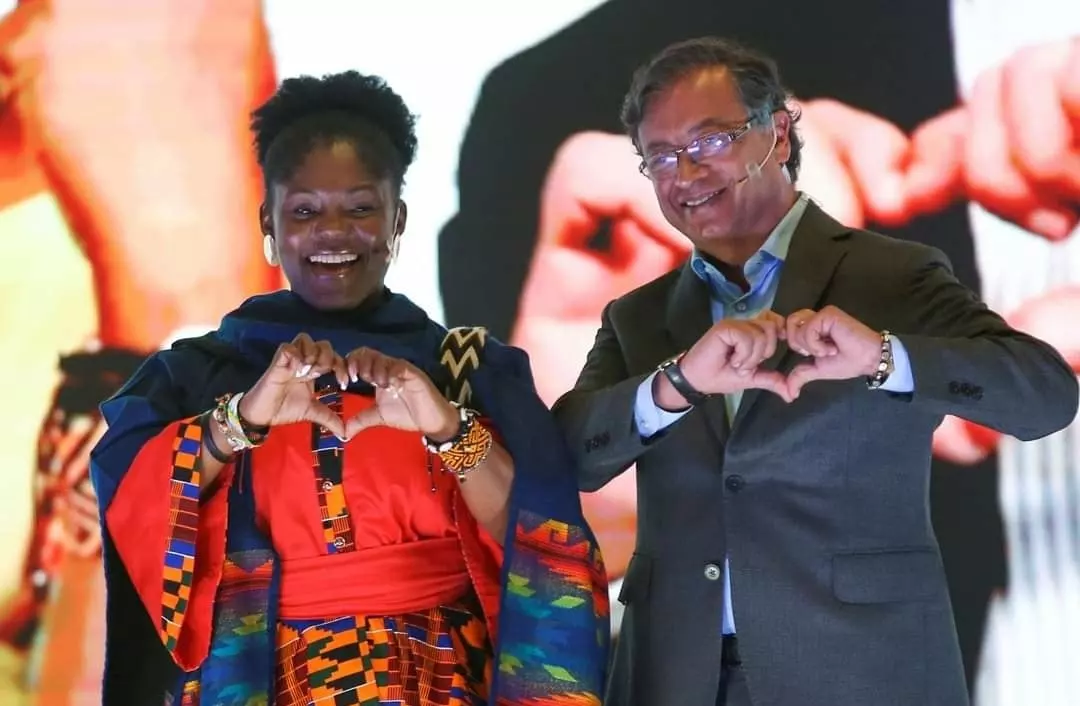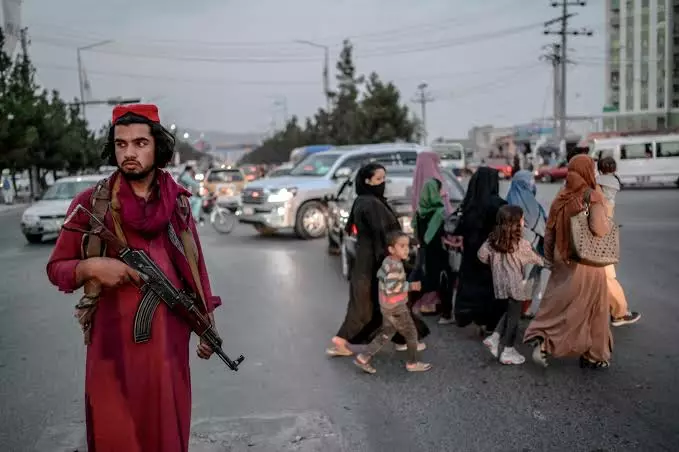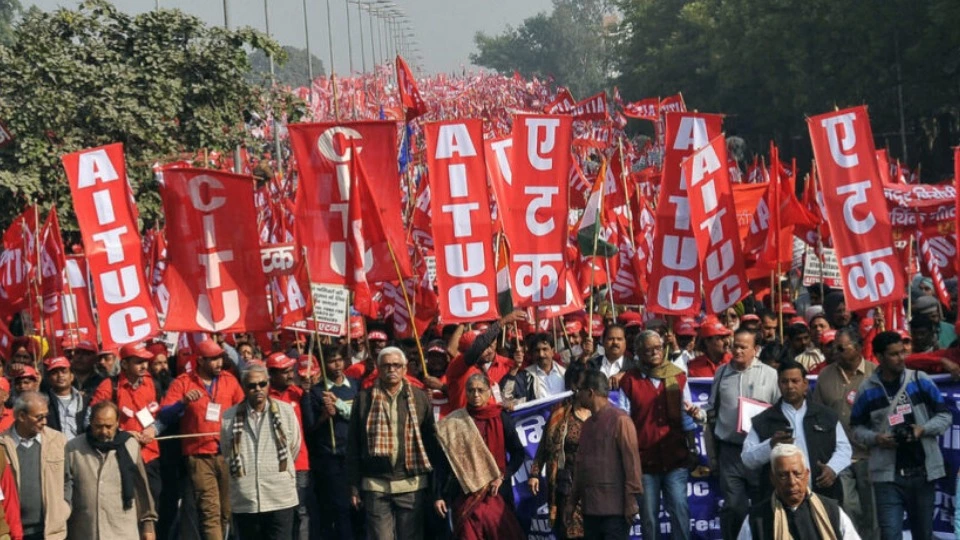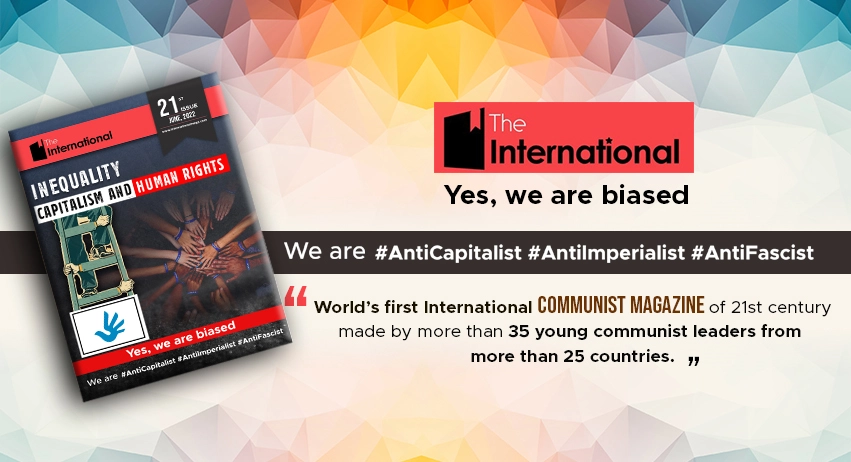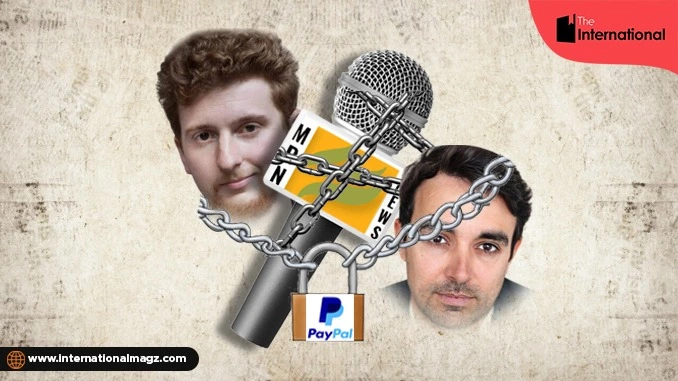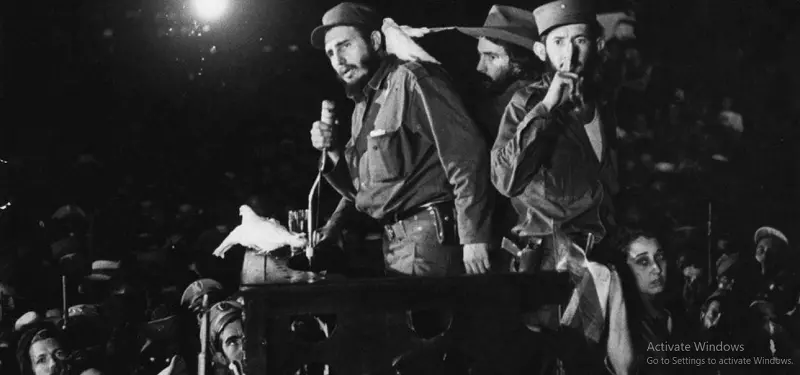For the South American nation of Colombia, where right-wing political forces have long controlled the country's public affairs, the recent victory of leftist presidential candidate Gustavo Petro and his running-mate, Afro-Colombian vice presidential candidate Francia Marquez, represents a turning point. Colombia, where the FARC (Revolutionary Armed Forces of Colombia) and the government formerly engaged in a generation-long civil conflict, has only recently experienced a genuine opportunity for peaceful leftist politics. Amnesty for former guerrilla combatants and their sympathisers, extensive rural paramilitary violence, and public anger with corruption have created an environment in which left-wing activists like Petro and Marquez had effectively campaigned and gained public office.
According to a recent report published by Al Jazeera news agency, “Petro, a former M-19 rebel and the first left-wing candidate to win the presidency, made several promises to female voters during his campaign: to recognise unpaid domestic labour, protect them from violence, and enact rural and land reforms to give women better access to ownership. His running mate, Francia Marquez, a former activist and single mother will become the country’s first Afro-Colombian vice president when the two take office in August.”
Observers have issued a warning that the progressive candidates' mandate for dramatic change is not strong given their narrow margin of victory (around 5% of the national vote). A divided Congress and the continued power of right-wing groups, particularly in rural regions of the nation, will also provide challenges for Petro and Marquez. As if this weren't enough, some communist groups still doubt the viability of an electoral route to power.
According to Al Jazeera, “Although the Government of Colombia signed a peace accord with the Revolutionary Armed Forces of Colombia (FARC) in 2016, the country has seen an uptick in violence as other armed groups fill power vacuums left by the FARC rebels.” Additionally, there is still a fairly large presence of drug cartels and producers in the nation. While some of these organisations may have once supported former armed leftist rebels for pragmatic reasons, they are now much less likely to support a leftist government that will be more concerned with establishing an honest judiciary system, achieving rural development, and upholding good international relations.
Problems facing the new leftist leaders in a traditionally arch-conservative country like Colombia will be many, including the real risk of being prevented from taking office. Even after taking office, the new leadership will have to deal with the previously noted poor mandate for change as well as probable economic and social upheaval, which will force any changes to be incremental rather than radical. This new administration is also anticipated to work toward normalising ties with neighbouring Venezuela and maybe forge alliances with other left-leaning and progressive nations in the area, such as Cuba and Nicaragua.

The response of the United States, which has long seen Colombia as a lynchpin of its geopolitical game in Latin America under the guise of "the war on drugs," is of special concern. The country's frail economy might not be able to readily withstand American sanctions and countermeasures if Petro and Marquez request the removal of American military "drug war" forces from the nation (which is extremely unclear at this stage).
On the other hand, observers have cautioned progressive groups locally and internationally against placing an excessive amount of hope in the new government. While Petro and Marquez will undoubtedly be an upgrade over the previous and current Colombian leadership, one just needs to consider the cases of Pedro Castillo, the president of Peru, and Gabriel Boric, the president of Chile, who were both first labelled as "leftists." Neither has demonstrated a strong anti-imperialist stance nor have they attempted to create a new social structure in their respective nations.
The term "leftist" has undoubtedly evolved in the 21st century, especially in South America, where extreme right-wing governments were formerly the norm. However, "leftism" in our day is frequently quite different from the radical Marxist goal one may anticipate in other parts of the world, especially in Latin America.
